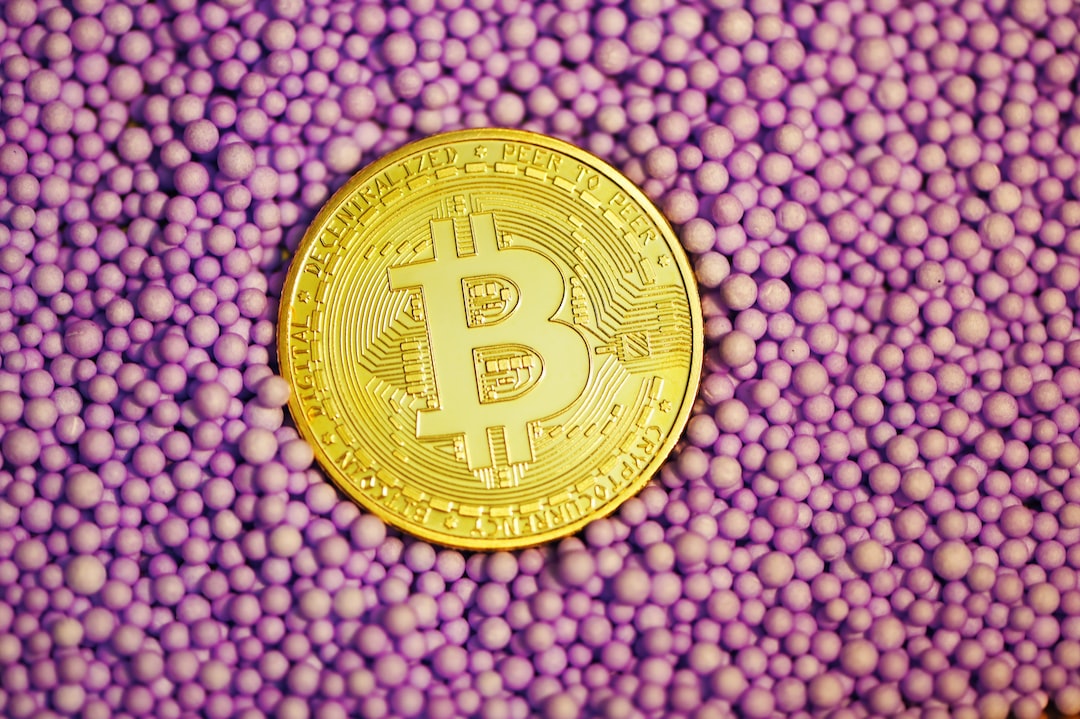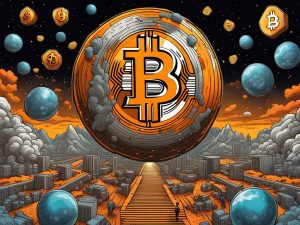Jamie Dimon’s Views on the U.S. Economy
Jamie Dimon, the CEO of JPMorgan Chase, recently shared his thoughts on various aspects of the U.S. economy in an interview with the Times of India. When asked about the possibility of a hard landing in the U.S., Dimon expressed uncertainty, stating that there is a range of outcomes that could be influenced by factors such as Ukraine, oil prices, war, and Europe. He advised caution and mentioned that the deficits cannot continue indefinitely. Dimon also discussed the impact of rising interest rates, explaining that sharp increases can lead to stress in debt repayments.
The Potential Impact of Interest Rate Hikes
Dimon highlighted that while the recent increase in interest rates from 0% to 5% surprised some, a rate of 5% was not considered impossible. However, he warned that if interest rates were to reach 7%, it would have a more severe impact on the U.S. economy. Dimon even mentioned the possibility of stagflation if rates were to rise to that level.
Cryptocurrency and Dimon’s Opinion
In addition to discussing the economy, Dimon also shared his views on cryptocurrency. He supported the Reserve Bank of India’s decision to consider banning cryptocurrencies, stating that if they functioned solely as currency and did not provide value beyond that, they should be shut down as they would be fraudulent. However, he acknowledged that certain cryptocurrencies have value when they serve as foundations for smart contracts or facilitate easy data movement.
Hot Take: Jamie Dimon’s Cautionary Tone
Jamie Dimon’s comments reflect a cautious approach to the U.S. economy and its future prospects. He emphasized the need for addressing serious issues like deficits and expressed concern about the potential impact of further interest rate hikes. His opinion on cryptocurrency aligns with the view that it should provide value beyond being just a store of value. Dimon’s remarks serve as a reminder to remain vigilant and consider the potential risks and challenges in both the financial and digital currency sectors.





 By
By

 By
By
 By
By

 By
By